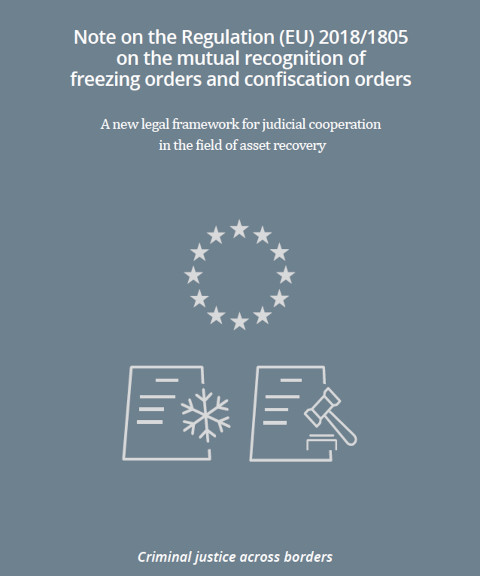Most organised criminal activity is profit-driven. Criminal groups need resources to finance their activities, while criminals often move and spread their assets across different countries to avoid detection. Tracing, freezing, confiscating, and actually recovering money and illegally acquired assets is therefore an important priority for national authorities in the Member States and represents a strategic priority in the European Union's fight against organised crime.
Eurojust facilitates the asset recovery process by providing legal and practical support to judicial authorities throughout the different stages of asset recovery, by helping practitioners to resolve issues and answer questions, and by facilitating effective cooperation and communication between the involved States.

